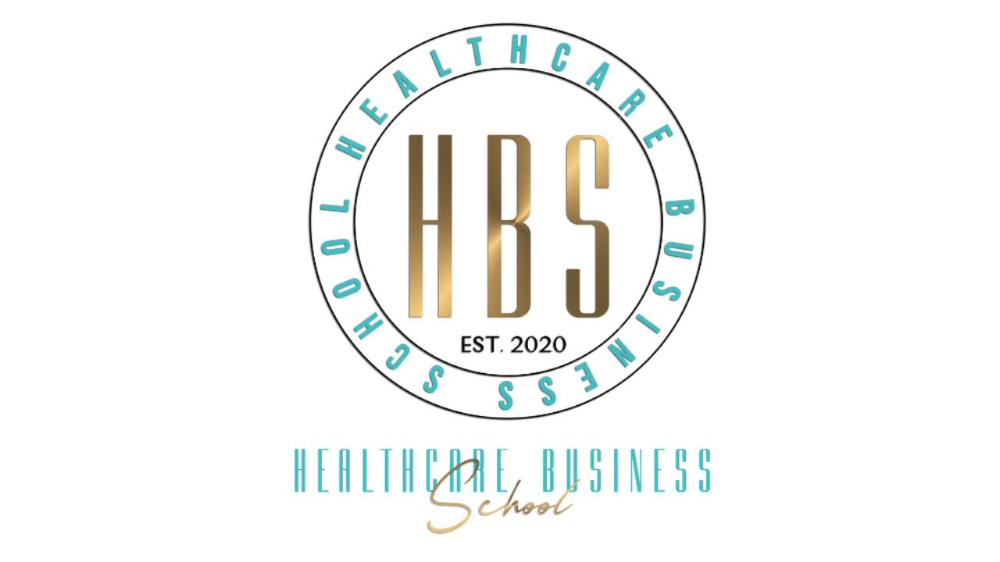Bid and Tender Writing Services

Tender Writing
We specialise in crafting compelling submissions for healthcare tenders, ensuring that your services stand out in this competitive sector. With a deep understanding of the intricacies involved in healthcare tender writing, we tailor each application to highlight your organisation's strength

Tender Writing Coaching
We are committed to sharing our knowledge and expertise. This is achieved through a variety of formats including single-day masterclasses, comprehensive team coaching programs, or personalised one-to-one tender writing training sessions.

Current Tenders
Our team diligently conducts daily searches through various tender portals to identify appealing tender opportunities for our clients, a service we provide at no cost. Selected tender opportunities that we believe might be of interest are then shared on our website for broader visibility.
The Help you need to win NHS and Local Authority Tenders
Tenders in the care sector.
The call for care tenders has increased significantly in recent years, driven largely by the rising demand for domiciliary support for the elderly as the average lifespan of UK residents continues to extend. Historically, procurement in the care sector has always existed, but now there are expanding opportunities for care providers of all sizes, from small start-ups to large, established agencies.
Previously, care tenders often had contract values that were inaccessible to many providers. However, the Health and Social Care Act 2012 fundamentally restructured healthcare organisation and delivery. Whereas the central government previously oversaw service sourcing and delivery, these responsibilities now lie with local NHS organisations, known as Clinical Commissioning Groups (CCGs).
Local NHS organisations collaborate closely with local councils to manage the delivery of health services in their areas. This shift has significantly influenced care sector procurement. According to recent government data, NHS Trusts collectively spend approximately £9 billion annually on procuring goods and services. Engaging SMEs (Small, Medium, and Micro businesses) has been instrumental in enhancing overall efficiency.

Information for the providers
When addressing the role of the supplier, it is imperative that they adhere to the terms and conditions stipulated in the tenders, which are reflective of applicable UK regulations. As the supplier, your primary responsibility involves compliance with these terms. This compliance may encompass several actions, including:
- Executing the form of tender
- Signing a non-collusion certificate
- Completing an FOI (Freedom of Information) schedule
These requirements have been established under procurement regulations to facilitate the public sector buyer’s procurement process.
In summary, there are specific UK regulations that service providers and suppliers must rigorously follow when competing for contracts. These regulations are generally governed at the industry-specific level.
The different types of care tenders

Framework Agreements
Frameworks present an optimal solution for businesses, both SMEs and large corporations, seeking to establish themselves in the publicly-funded care sector. Numerous frameworks are available, including:
- NHS Supply Chain (a national framework)
- NHS Procurement Hubs
- Local government frameworks (e.g., Durham County Council Domiciliary Care Services Framework)
Admission as an 'approved supplier' enables participation in 'mini-competitions' for contracts. Access to these opportunities is exclusive to companies on the Framework, with non-members prohibited from tendering. Typically, approval as a supplier lasts around four years, although this duration may vary between frameworks.
Inclusion in a Framework offers considerable advantages. For instance, while the overall value of a Framework might be estimated at £10,000,000, the tenders available to approved suppliers can vary significantly in value. Furthermore, referencing a Framework contract can enhance other care tender responses, demonstrating your capability to manage substantial contracts, even if your actual contract value is considerably less.

Dynamic Purchasing System (DPS)
Dynamic Purchasing Systems (DPS) function similarly to Framework Agreements in that they provide vendors the opportunity to become ‘approved suppliers’ for a Council or other public entities. Being listed on a DPS grants suppliers the privilege to bid for contracts that are not available to the general public through the tendering process. Nevertheless, there are two significant distinctions that make DPSs somewhat more accessible compared to Framework Agreements: First, unlike Framework Agreements, application to a DPS can be made at any point during its operational period. For instance, if a DPS is active from 2019 to 2023, suppliers are eligible to apply for inclusion at any time within this timeframe. This flexibility also allows suppliers to withdraw from the DPS whenever they choose. Second, the DPS is operated as an entirely electronic process, a feature that is not a requirement for Framework Agreements. This digital nature may streamline the application and management processes, making DPSs more user-friendly for suppliers.

Second or Third Tier Provision
Care start-ups frequently inquire about entering the tendering process without sufficient contract examples for evidence. This is a pertinent question, as much of bid writing for care tenders hinges on providing proof of past performance. If such evidence is lacking, securing it should be your primary concern. Fortunately, second and third-tier opportunities can be particularly useful in this regard.
Local Councils often acknowledge that domiciliary care needs can vary significantly or increase rapidly. It is advisable to contact your local Council to inquire about any second or third-tier opportunities they may have. These opportunities are designed for smaller, less experienced companies that may not have the necessary turnover or experience to bid as the main provider on a care tender.
Second or third-tier opportunities typically involve offering floating support within an established region, usually through home visits, under the direction of the main care provider (first-tier provider). Tendering for these opportunities demands considerably less evidence of prior experience, making them ideal for care companies aiming to establish themselves in the procurement process.




